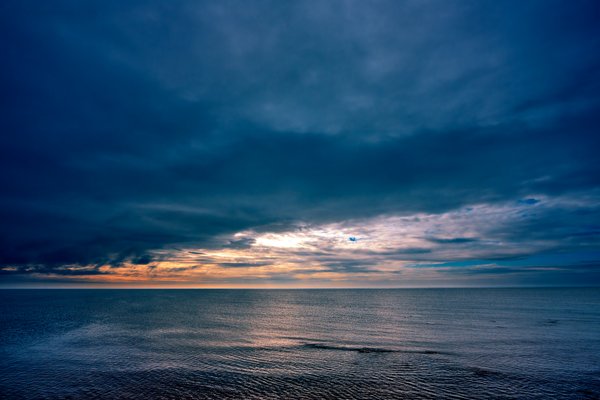Jacob of Edessa’s America March 9, 2015
Author: Beach Combing | in : Ancient, Medieval , trackbackMany readers of Beachcombing will know Beach’s fellow bizarrist, Esoterx, who writes fascinating posts about ancient, medieval and modern history and in Beach’s humble opinion has the best and wittiest headlines on the internet: a recent discussion of Hellenic religion was called, for example, ‘Muppet Theology’. Often Beach knows Esoterx’s sources, as the two share similar interests, but the other day Esoterx came up with something surprising, the claim, originating apparently in the later nineteenth century, that Jacob of Edessa, a well-known seventh-century Syriac writer described America. Awkward. Esoterx did not come down on one side or another of the argument, but recycled the nineteenth-century claims with some intelligent reflections on the imbecility of Columbus. Beach should say at this point that he does not read Syriac and he does not have access to the relevant works of Jacob: in fact, he is not 100% sure what the relevant works are… However, there are two allegations. First, Jacob talks about a land to the east of China and second, in the section on the size of the world in his Hexaemoron, he speaks about an unknown [?] and uninhabited land opposite Gadira (this seems to be Gades in southern Spain) and the straits of Gibraltar. (NB Ptolemy began, like Jacob, his measurements at Gades.) As to this unknown land rather than conjure up America, perhaps there is an easier way to deal with this great land out there. Three possibilities.
First, the land to the east of China and to the west of Spain are not the same: of course, that begs the question of what this unknown and uninhabited land was near Spain.
Second, Japan had slowly appeared on the mental maps of Chinese in the early centuries BC. Maybe some news of this land out in the ocean had come down the trade routes to Syria. Jacob included a reference in his description of China and then extrapolated that this land stood, necessarily for someone who believed in a spherical world, between Europe and Asia.
Third, Jacob had heard or read an incomplete reference to Atlantis from Platonic tradition: certainly there are some parallels in terms of where the land was supposed to be. Of course, Atlantis was supposed to have disappeared…
Any of these would be less painful in historical terms than proposing America, but the truth is until we have full references and a reliable translation from Syriac there is no science: can anyone help, drbeachcombing AT yahoo DOT com This seems too interesting a reference to miss.
Note, casting around on the internet Beach sees that Jacob describes a land to the south of Egypt as being unknown and uninhabited, perhaps a topos then?



